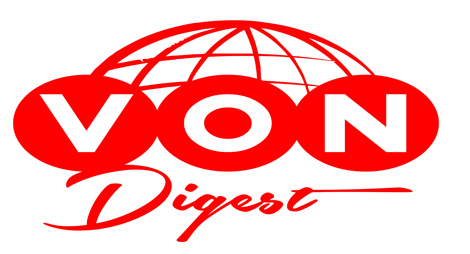The implementation of exchange rate for cargo clearance by the Nigeria Customs Service (NCS) has drawn the ire of stakeholders in the maritime industry.
They claimed the new policy, which began yesterday may have severe economic consequences.
The Federal Government, through the Central Bank of Nigeria (CBN), raised the exchange rate for import duty calculation from N952 to N1,356 per dollar, significantly increasing the cost of cargo clearance.
The development came weeks after the rate was moved from N783 to N952 per dollar, following a similar adjustment in November 2023, when the rate was first raised from N757 to N783 per dollar.
A former acting National President of the Association of Nigerian Licensed Customs Agents (ANLCA), Kayode Farinto, criticised the ‘abrupt nature of the implementation’, noting that the Customs Act 2023 requires proper notification before such changes could take effect.
“I’m not aware of any strike threats, but what I do know is that Section 18 of the Customs Act 2023 says Customs shall charge 4 per cent of the free-on-board value of imports according to international best practices. So that means whatever they are implementing now is in line with the Act,” he noted.
However, Farinto emphasised that Section 23 of the same Act mandates that Customs publish such information on their website to ensure adequate sensitization.
“Nobody has been sensitised. You can’t just wake up and say you want to implement 4 per cent duty. It’s ridiculous. It’s absurd. And this negates what is happening in international climes.
“So, Customs should be advised to withdraw that implementation and sensitise the trading community before they start enforcing it. We are not in Oshodi Market where you just buy and sell, and your customer tells you tomorrow that he is inflating the price of whatever he is selling.
“This is international trade, people must be sensitised, traders abroad should be informed that from a specific date in 2025, we shall be implementing this charge,” he added.
Similarly, Olumide Obukun, another maritime stakeholder, acknowledged that while clearing agents and freight forwarders were caught off guard by the new rate, there were no immediate plans for strike .
“Nobody is threatening to strike. The real issue is that when the policy was being discussed at the National Assembly, we were not there. Now, it has already been signed into law, and Customs has simply implemented it,” he explained.
Obukun, however, expressed concerns over the lack of prior notice before the policy implementation, stating: “We just woke up this morning to find out—no notice, nothing. That’s the only issue.”
Clearing agents are not the ones directly affected by the duty rate hike, but that the burden would ultimately fall on importers and consumers, he said..
“We are not importers; we are Customs or clearing agents. The people who own the goods are the ones that will pay. Then all of us will meet at the market.”
“As for the common man, it will affect them in the sense that prices of goods in the market will rise,” he warned.
The Nigeria Customs Service Act 2023 introduced a structured framework for revenue generation and transparency in Customs operations, reinforcing the agency’s role in trade facilitation and economic stability.
Sections 18 and 23 of the Act, specifically address financial provisions and information accessibility, ensuring accountability in revenue collection and Customs procedures.
Under Section 18 of the Act, Customs is mandated to maintain government-approved bank accounts into which various revenue streams are deposited. These include a minimum of 4 per cent of the free-on-board (FOB) value of imports, cost-based user fees, government budgetary allocations, and grants from local and international partners.
The law also grants the President the authority to propose an increase beyond the 4 per cent, subject to approval by the National Assembly.
To maintain stability in revenue generation, the Act empowers the NCS to supervise and execute capital expenditure projects up to 10 per cent of the total approved capital budget for a given year. Additionally, the agency can procure materials and services related to these projects and even borrow funds within 10 per cent of its approved capital expenditure, with the President’s approval.
To promote openness, Section 23 of the Act mandates that the NCS publish all relevant customs-related information on its website and other designated platforms. This includes import and export procedures, duty rates, customs classification rules, trade restrictions, penalty provisions, and appeals processes.
The law also ensures that customs-related charges remain transparent, requiring that any service fees be limited to the actual cost of providing the service. However, private or confidential information is protected and cannot be disclosed unless required by law.
This provision aligns with international best practices in trade facilitation, ensuring that importers, exporters, and the general public have easy access to customs regulations and procedures. By making such information readily available, the Act aims to reduce bottlenecks, enhance compliance, and foster efficiency in the movement of goods across Nigeria’s borders.
















